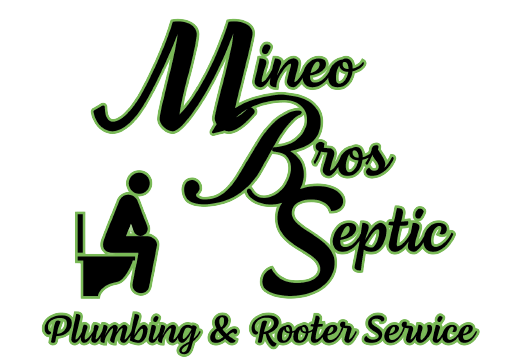FAQs
How often should I have my septic tank pumped?
Most residential septic systems need pumping every 3-5 years. This varies based on household size, water usage, and tank capacity. Larger households or homes with garbage disposals may need more frequent service.
What are the signs of a failing septic system?
Warning signs include slow drains, gurgling pipes, sewage odors, unusually green grass over the drain field, soggy soil near the tank, sewage backups, and contaminated well water.
What should I do if I suspect my septic system is failing?
Contact us immediately for an inspection. Continued use of a failing system can lead to expensive damage, health hazards, and environmental contamination. Our technicians can diagnose the issue and recommend appropriate repairs.
Are septic systems environmentally friendly?
Properly maintained septic systems are environmentally sustainable. They naturally filter waste and return clean water to the groundwater system. Failing systems, however, can release untreated sewage that contaminates water sources and creates health hazards.
What services do you offer for septic systems?
We provide septic tank pumping and cleaning, system inspections, installations and replacements, repairs, rooter services for clogged lines, and commercial and residential emergency services.
How much does septic service cost?
Costs vary based on the service needed, system size and type, tank accessibility, and extent of repairs. We offer competitive pricing and provide detailed estimates before beginning work. Contact us to discuss your specific needs.
How long does septic tank pumping take?
Standard pumping typically takes 1-2 hours, including locating the tank, removing the lid, pumping contents, inspecting conditions, and replacing the lid. Additional time may be needed for repairs or difficult access situations.
How often should I have my septic system inspected?
Professional inspections are recommended every 1-3 years, even without obvious problems. Regular checks identify potential issues before they become major problems. If purchasing a home with a septic system, an inspection is essential before finalizing the purchase.
What can I do to maintain my septic system between professional services?
Be mindful of water usage, avoid flushing harmful items, use septic-safe products, keep service records, protect your drain field from vehicles and deep-rooted plants, and maintain regular professional pumping.
What should never be flushed down toilets or drains connected to a septic system?
Never flush “flushable” wipes, paper towels, feminine products, grease, paint, medications, harsh chemicals, food waste, or cat litter. These items can clog your system or kill beneficial bacteria.
What should I know about water conservation and my septic system?
Water conservation helps maintain septic system health. Excessive water use can overload your system and cause premature failure. Fix leaks promptly, spread out laundry loads, and be mindful of high-volume water activities.
